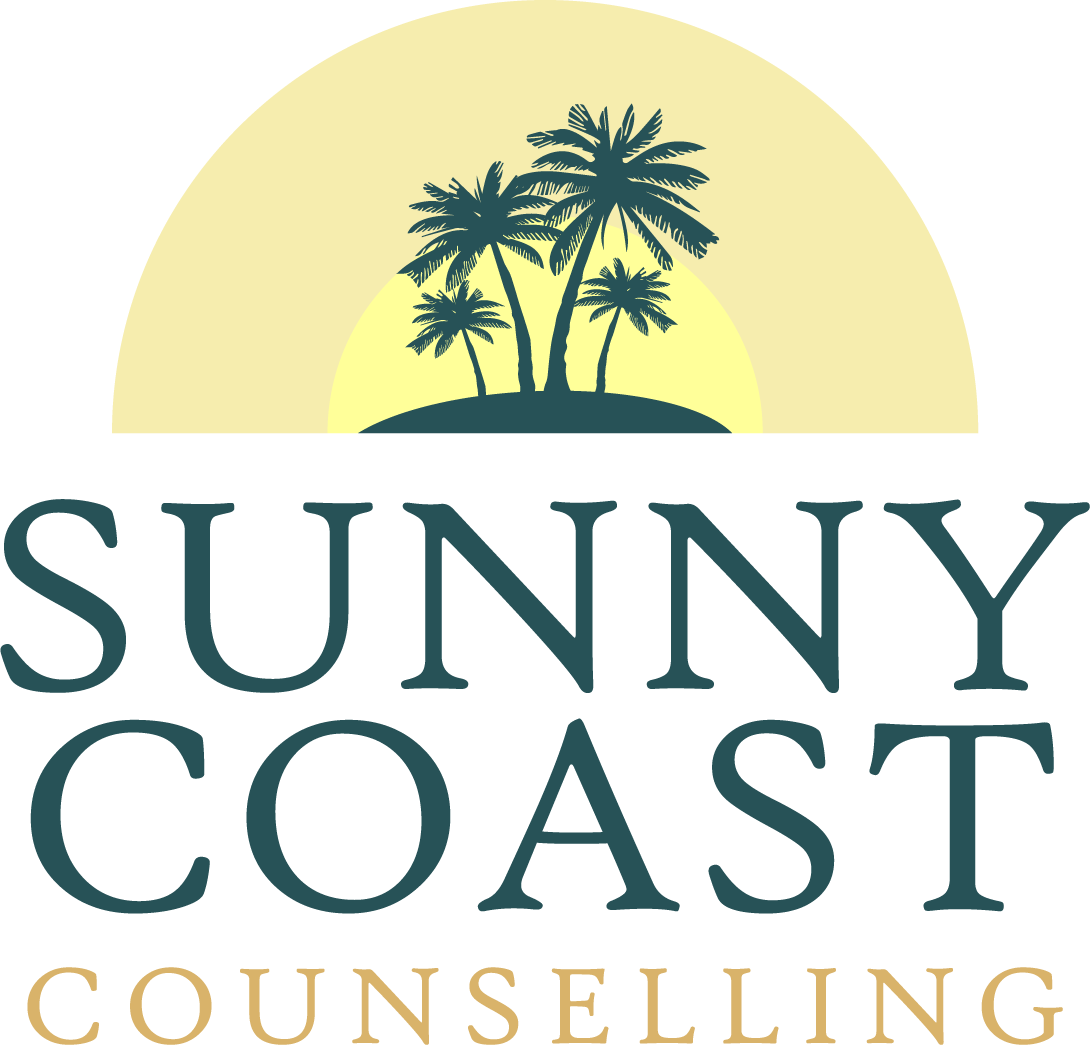Choosing the Right Counsellor: Your Guide to Finding the Perfect Fit
Seeking the support of a counsellor can be a transformative and empowering step towards personal growth and emotional well-being. Whether you’re facing specific challenges, navigating major life transitions, or simply seeking to improve your overall mental health, finding the right counsellor is essential for a successful therapeutic journey. With numerous therapists and counselling modalities available, it’s crucial to take the time to choose a counsellor who aligns with your needs and preferences. In this blog post, we’ll provide you with a comprehensive guide on how to choose the right counsellor for you.
- Define Your Goals and Concerns: Before beginning your search for a counsellor, take some time to clarify your goals and concerns. What are the specific issues or challenges you want to address in counselling? Identifying your goals will help you find a counsellor with expertise and experience relevant to your needs.
- Research Different Counselling Approaches: There are various counselling modalities, such as Cognitive-Behavioural Therapy (CBT), Psychodynamic Therapy, Mindfulness-Based Therapy, and more. Research different approaches to counselling to determine which one resonates with you and aligns with your preferences for therapy.
- Check Therapist Qualifications and Credentials: Ensure that the counsellors you consider are qualified and licensed to practice in your area. Check their credentials, educational background, and any specialized training or certifications they may have. Look for therapists who are members of reputable professional organisations such as the Australian Counselling Association (ACA).
- Consider Experience and Specialization: Different counsellors have expertise in various areas, such as anxiety, depression, relationships, trauma, or grief. Look for counsellors who have experience and specialization in the areas that align with your concerns.
- Seek Recommendations and Referrals: Ask friends, family members, or trusted healthcare professionals for recommendations. Personal referrals can provide valuable insights into a counsellor’s approach, style, and effectiveness.
- Trust Your Gut Feeling: When selecting a counsellor, trust your intuition. Pay attention to how you feel during your initial interactions, whether it’s a phone consultation or the first session. A strong therapeutic alliance is essential for successful counselling, so choose someone with whom you feel comfortable and understood.
- Assess Accessibility and Availability: Consider practical factors such as the counsellor’s location, office hours, and availability for appointments. Ensure that their schedule aligns with yours and that they are accessible when you need support.
- Inquire About Therapeutic Approach and Techniques: During an initial consultation, ask the counsellor about their therapeutic approach and techniques. Understand how they structure sessions, set goals, and measure progress. Choose a counsellor whose approach resonates with you.
- Discuss Fees and Payment Options: Inquire about the counsellor’s fees, payment options. Ensure that the cost of counselling fits within your budget and explore any available financial assistance programs if needed.
Remember that finding the right counsellor is a personal and individualized process. It’s okay to meet with multiple counsellors before making a decision. Prioritize your needs, preferences, and comfort level to ensure a successful therapeutic experience. Investing time in selecting the right counsellor is a valuable step towards your emotional well-being and personal growth.
If you’d like to start your couple’s counselling journey, click here to make an appointment.

